Filter by

The Reindeer Botanist : Alf Erling Porsild, 1901-1977
This well-researched book is the first biography of one of Canadas most remarkable botanists. Alf Erling Porsild (1901-1977) grew up on the Arctic Station in West Greenland and later served as curator of botany at the National Museum of Canada. He collected thousands of specimens, greatly enlarging the National Herbarium and making it a superb research centre. For nearly twenty years, Porsild s…
- Edition
- -
- ISBN/ISSN
- 978-1-55238-588-3
- Collation
- -
- Series Title
- Northern lights, 1925-2943 ; 14
- Call Number
- 580.92 DAT r
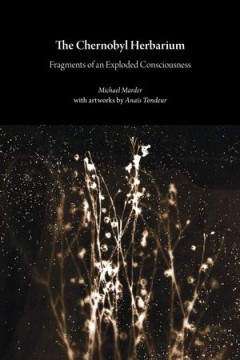
The Chernobyl Herbarium
We entrust readers with thirty fragments of reflections, meditations, recollections, and images — one for each year that has passed since the explosion that rocked and destroyed a part of the Chernobyl nuclear power station in April 1986. The aesthetic visions, thoughts, and experiences that have made their way into this book hover in a grey region between the singular and self-enclosed, on t…
- Edition
- -
- ISBN/ISSN
- 9781785420269
- Collation
- -
- Series Title
- -
- Call Number
- -

The Red Countess : Select Autobiographical and Fictional Writing of Hermynia …
Born into a distinguished aristocratic family of the old Habsburg Empire, Hermynia Zur Mühlen spent much of her childhood and early youth travelling in Europe and North Africa with her diplomat father. Never comfortable with the traditional roles women were expected to play, she broke as a young adult both with her family and, after five years on his estate in the old Czarist Russia, with her …
- Edition
- -
- ISBN/ISSN
- 9781783745562
- Collation
- -
- Series Title
- -
- Call Number
- 928 MUH r
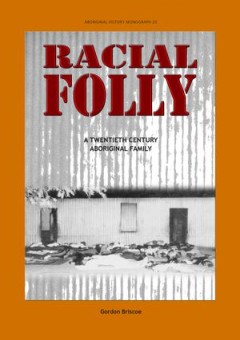
Racial Folly : A Twentieth-Centrury Aboriginal Family
Briscoe’s grandmother remembered stories about the first white men coming to the Northern Territory. This extraordinary memoir shows us the history of an Aboriginal family who lived under the race laws, practices and policies of Australia in the twentieth century. It tells the story of a people trapped in ideological folly spawned to solve ‘the half-caste problem’. It gives life to those …
- Edition
- -
- ISBN/ISSN
- 9781921666216
- Collation
- -
- Series Title
- Aboriginal history monograph ; 20
- Call Number
- 994.007 202 BRI r
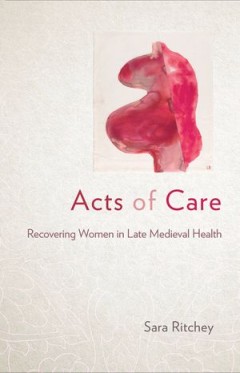
Acts of Care : Recovering Women in Late Medieval Health
In Acts of Care, Sara Ritchey recovers women's healthcare work by identifying previously overlooked tools of care: healing prayers, birthing indulgences, medical blessings, liturgical images, and penitential practices. Ritchey demonstrates that women in premodern Europe were both deeply engaged with and highly knowledgeable about health, the body, and therapeutic practices, but their critical r…
- Edition
- -
- ISBN/ISSN
- 9781501753541
- Collation
- -
- Series Title
- -
- Call Number
- -
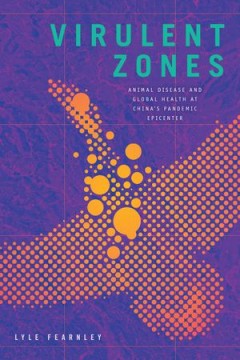
Virulent Zones : Animal Disease and Global Health at China's Pandemic Epicenter
Scientists have identified southern China as a likely epicenter for viral pandemics, a place where new viruses emerge out of intensively farmed landscapes and human--animal interactions. In Virulent Zones, Lyle Fearnley documents the global plans to stop the next influenza pandemic at its source, accompanying virologists and veterinarians as they track lethal viruses to China's largest freshwat…
- Edition
- -
- ISBN/ISSN
- 9781478009993
- Collation
- -
- Series Title
- -
- Call Number
- -

Civic Life Online: Learning How Digital Media Can Engage Youth
The relationship of participation in online communities to civic and political engagement. Young people today have grown up living substantial portions of their lives online, seeking entertainment, social relationships, and a place to express themselves. It is clear that participation in online communities is important for many young people, but less clear how this translates into civic or poli…
- Edition
- -
- ISBN/ISSN
- 9780262026345
- Collation
- -
- Series Title
- -
- Call Number
- -
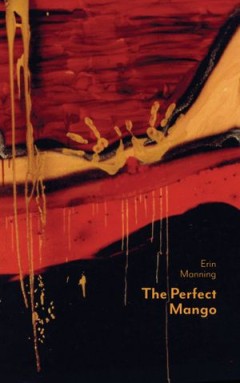
The Perfect Mango
In 1994, at the age of twenty-five, when the “terrible brokenness that comes with sexual assault” was folded deep within her body and thoughts of suicide were always close by, Erin Manning wrote The Perfect Mango at an almost feverish pitch: nineteen chapters in nineteen days, a sort of self-rescue operation, where writing became a form of making (and feeling) life otherwise. Throughout tho…
- Edition
- -
- ISBN/ISSN
- 978-1-950192-14-4
- Collation
- -
- Series Title
- -
- Call Number
- 928 MAN p
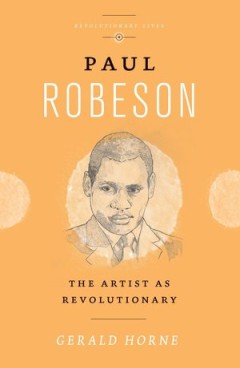
Paul Robeson : The Artist as Revolutionary
A world-famous singer and actor, a trained lawyer, an early star of American professional football and a polyglot who spoke over a dozen languages. These could be the crowning achievements of a life well-lived, yet for Paul Robeson the higher calling of social justice led him to abandon both the NFL and Hollywood and become one of the most important political activists of his generation— batt…
- Edition
- -
- ISBN/ISSN
- 978 1 7837 1755 2
- Collation
- -
- Series Title
- -
- Call Number
- 927 HOR p
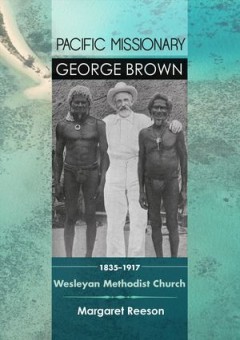
Pacific Missionary George Brown: 1835-1917 : Wesleyan Methodist Church
George Brown (1835-1917) was many things during his long life; leader in the Wesleyan Methodist Church in Australasia, explorer, linguist, political activist, apologist for the missionary enterprise, amateur anthropologist, writer, constant traveller, collector of artefacts, photographer and stirrer. He saw himself, at heart, as a missionary. The islands of the Pacific Ocean were the scene of h…
- Edition
- -
- ISBN/ISSN
- 9781921862984
- Collation
- -
- Series Title
- -
- Call Number
- 266.719 509 2 REE p
 Computer Science, Information & General Works
Computer Science, Information & General Works  Philosophy & Psychology
Philosophy & Psychology  Religion
Religion  Social Sciences
Social Sciences  Language
Language  Pure Science
Pure Science  Applied Sciences
Applied Sciences  Art & Recreation
Art & Recreation  Literature
Literature  History & Geography
History & Geography